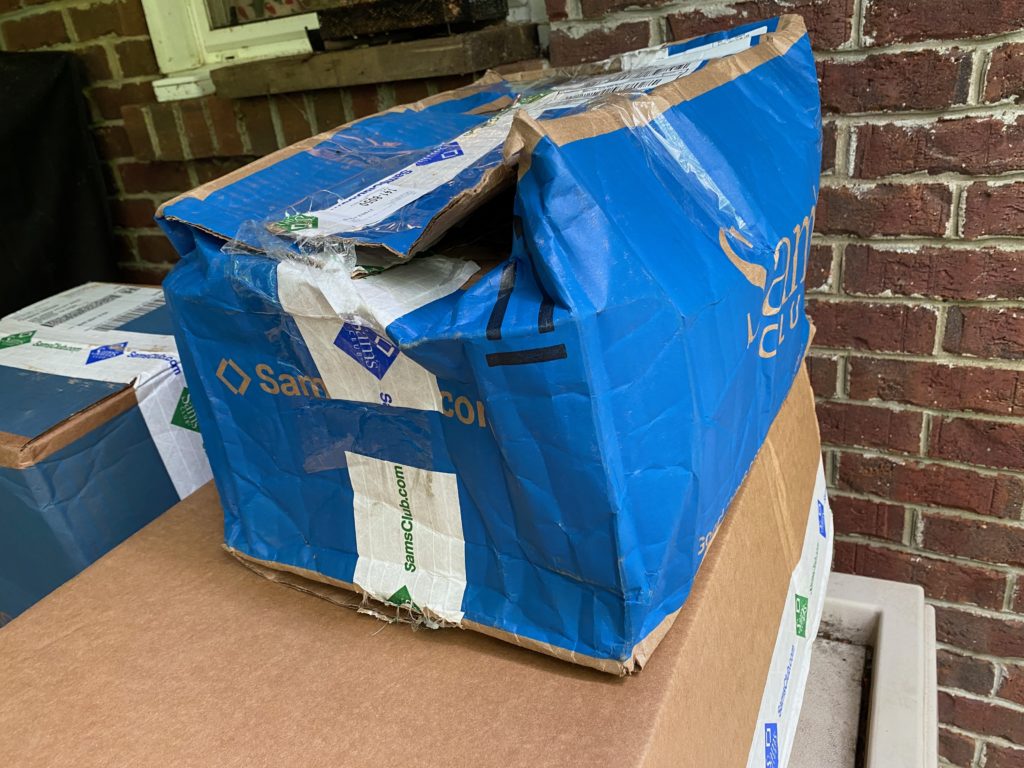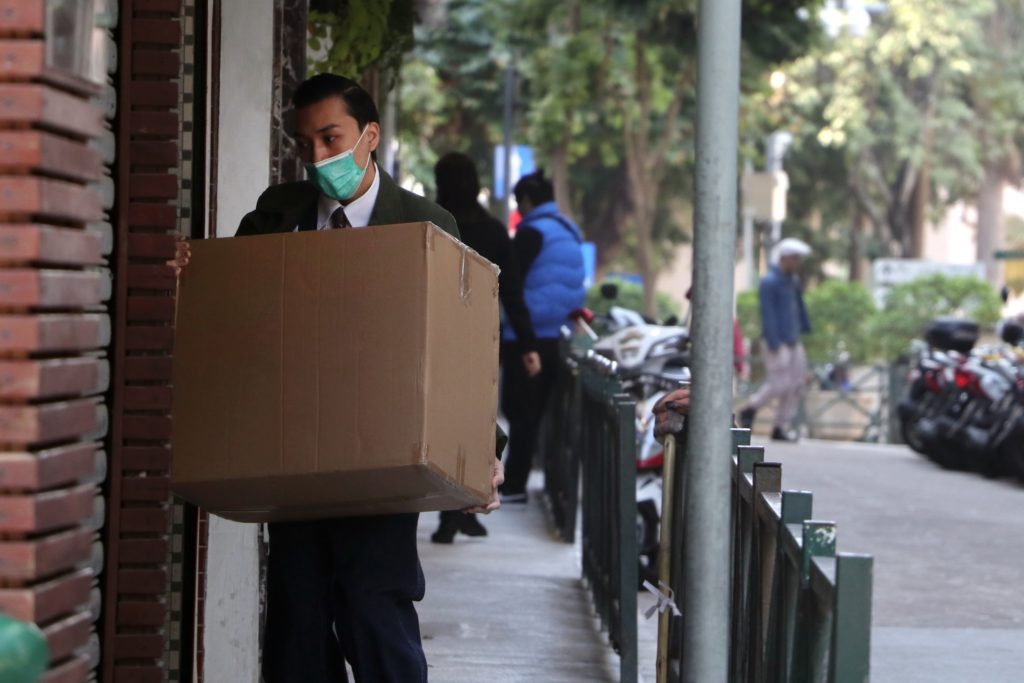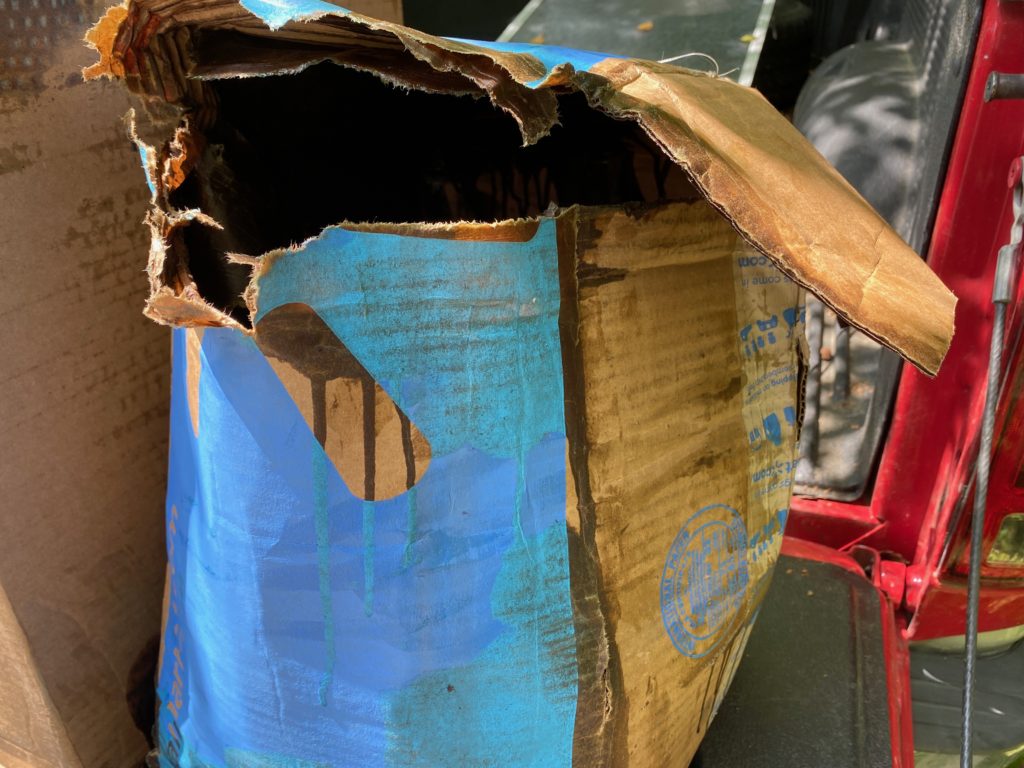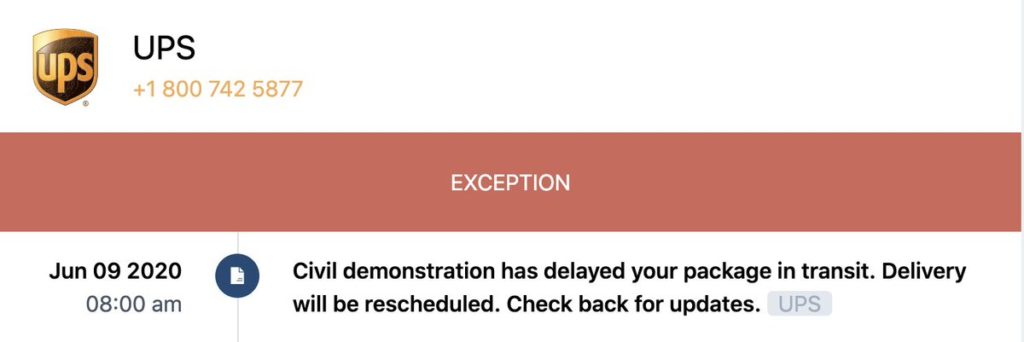You’re welcome to ship a package in the United States right now, but it might not actually arrive at its destination. FedEx and UPS have suspended money-back guarantees. FedEx, UPS, and the USPS have loosened signature requirements, announced shipping delays, and have even canceled some shipping routes.
Here’s what you need to know:
- If you’re sending or expecting a package, plan for it to be late.
- Keep an eye on tracking information.
- Do your best to be around when your package arrives. Since you won’t have to sign for it, you’ll want to make sure it’s not stolen.
- Report damage when it happens.
- Delivery people are overburdened right now! Keep that in mind during interactions.
Demand is up but supply chains are shaky
More people are staying home to weather the COVID-19 pandemic, which means that home deliveries have skyrocketed. The U.S. Postal Service reported a 60% increase in package volume during the pandemic. Along with that skyrocketing package volume, workers have faced illness. Shipping companies have also had to deal with lockdowns and closed routes. Anecdotally, I’ve seen numerous reports of shipping delays and other jankiness. I personally have received several packages from Walmart and Sam’s Club, shipped by FedEx, that look like they were either crushed or ripped open.

Meanwhile, postal workers are overworked and understaffed. Approximately 15 to 20% of rural carriers were at one point unable to report to work due to COVID-19 while shipments are through the roof. The National Rural Letter Carriers’ Association submitted a grievance in June demanding relief for overburdened postal carriers.
More: It’s not just you: what’s going on with product shortages & what could be next
Adding to the mess is the civil unrest sweeping the nation. Our own Kelsey Donk’s nearby post office was burned to the ground, and one of Jon Stokes’s packages was delayed last month due to protests.
Find the most up-to-date information on the three service providers below.
FedEx
Last week FedEx published a document titled Service Impact of COVID-19, with some strong and worrying statements:
Due to the crucial role we play in moving supply chains and delivering critical relief, FedEx is considered an essential business. We will continue to operate under state-of-emergency and shelter-in-place orders recently issued in the U.S.
These restrictions are disrupting the global supply chain. Air cargo capacity is limited, and we’ve had to make adjustments so that our international networks can best deliver much-needed goods and services in this constrained environment.
FedEx has struggled so much in Michigan than it tapped the U.S. Postal Service for help.
To address supply chain disruptions, FedEx is taking the following actions:
- Suspending its money-back guarantee.
- Loosening its signature guidelines such that unless an adult signature is required, a simple name verification will suffice.
- In some cases culling entire service routes, and placing restrictions on others
- Services to and from many Asia-Pacific countries have been temporarily suspended, including in American Samoa and French Polynesia. Laos has experienced some service delays, and inbound service has been suspended in the state of Chuuk in Micronesia.
- Shipments to and from China have been suspended, except for those carrying personal protective equipment.
- Other places in Asia-Pacific, such as Cambodia, Fiji, Hong Kong, Guam, and Japan have shipping delays of up to 5 days.
- Shipments from Europe to the United States, Canada, and Latin America cannot exceed more than 100 kg per shipper per day.
The FedEx document is 31 pages long, and there are numerous delays and canceled routes. If you do much international shipping, I encourage you to read the document for yourself to see if you’re affected.
UPS
This isn’t new, but as of March 26, UPS has suspended its service guarantee for all shipments. Fortunately, there are no country-specific service impacts like FedEx’s, at least not yet.
Like FedEx, UPS is temporarily loosening its signature guidelines so that a signature is not required. However, the driver needs to make some sort of contact with the consignee and see government ID, if required for a shipment (like alcohol).
U.S. Postal Service
Just as with UPS and FedEx, the U.S. Postal Service has had its share of COVID-19 related challenges. From its COVID-19 FAQ: “Postal Service Priority Mail® products and First-Class® packages may temporarily require more time to be delivered due to limited transportation availability as a result of the Coronavirus (COVID-19) pandemic.”
The U.S. Postal Service also has delays and broken routes, not all necessarily COVID-19 related. You can follow residential service disruptions online. Additionally, the U.S. Postal Service has suspended delivery to a large swath of countries specifically due to COVID-19, such as Argentina, Bolivia, Chad, Cuba, Iraq, Sudan, and Uganda. The list is far too long to republish here, so I encourage you to check the USPS international service disruption list if you ship internationally.
Beyond the COVID-19 crisis, the USPS faces financial and political challenges. The USPS has struggled financially in recent years, and new Postmaster General Louis DeJoy reportedly told employees, in a leaked memo, to leave mail behind at distribution centers if plants are running late. It’s an unprecedented order that could cause future delivery delays. To make matters worse, the USPS has warned Congress that it could be insolvent before the end of 2021.
More: How to disinfect packages from COVID-19
Have you experienced shipping delays or other problems? Tell us about them in the comments.



You are reporting the comment """ by on